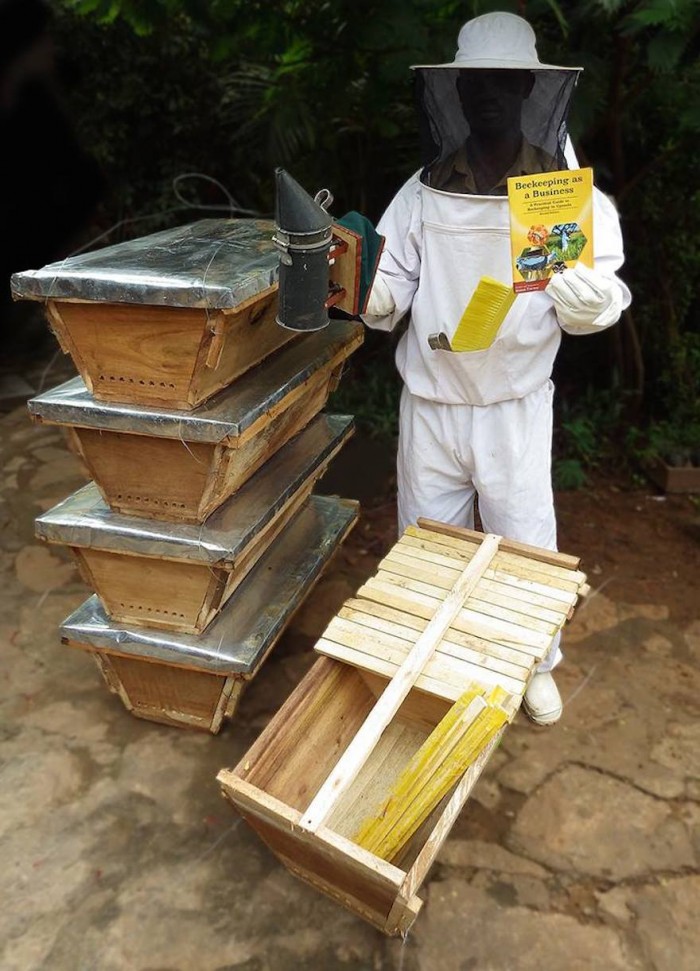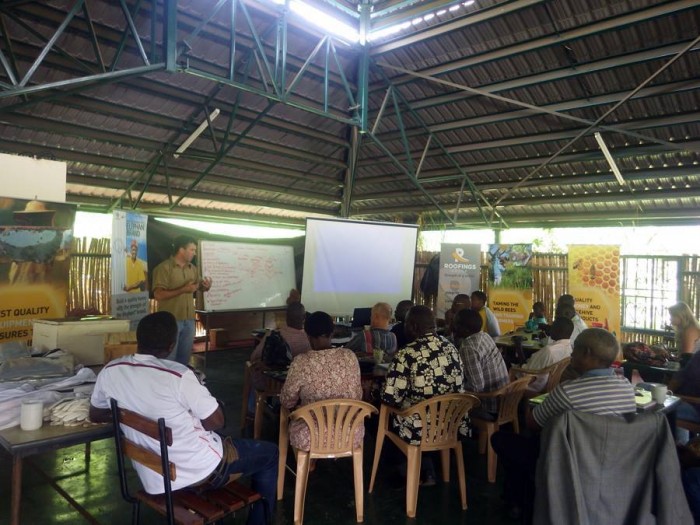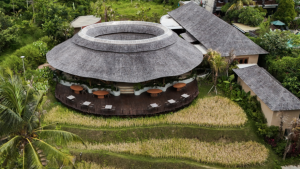“We aim to eradicate poverty in rural communities through beekeeping”. So reads the statement on the Malaika Honey website. Based in Uganda, the programme wants alleviate poverty through education and training on beekeeping and encourage locals to trade their honey at local markets. Participants also build up a stockpile of honey for home use and therefore have access to 100 percent organic honey and it’s countless health benefits.
With a declining bee population, the world is at risk of loosing a key link in the food security chain: the honeybee, one of our most crucial pollinators.
According to Global Research writer Joachim Hagopian, “the biggest foreboding danger of all facing humans is the loss of the global honeybee population”. The consequence of a dying bee population impacts man at the highest levels on our food chain, posing an enormous threat to human survival. Since no other single animal species plays a more significant role in producing the fruits and vegetables that we humans commonly take for granted yet need every day to stay alive, the greatest modern scientist Albert Einstein once remarked, “Man kind will not survive the honeybees’ disappearance for more than five years.”
As well as helping rural farmers turn their hives into a commercially viable business, Malaika honey encourages farmers to harvest Propolis – a mix of enzymes and plant resins created by the bees to clean the hive. Propolis has amazing antibiotic, antiseptic and antiviral properties. The Malaika Propolis is sold in pharmacies in Uganda and is now also being exported.
It’s no wonder they chose to call the initiative “Malaika” which translates to angel in Swahili.








